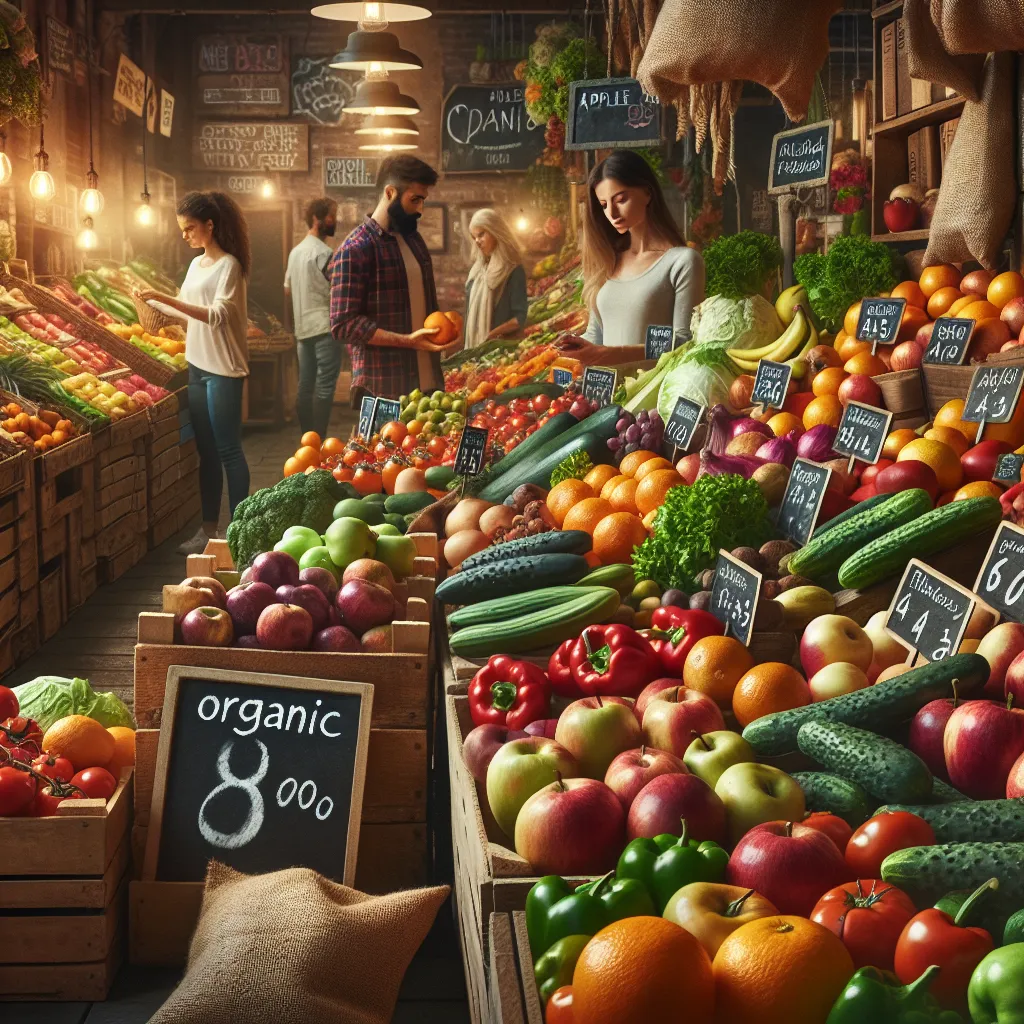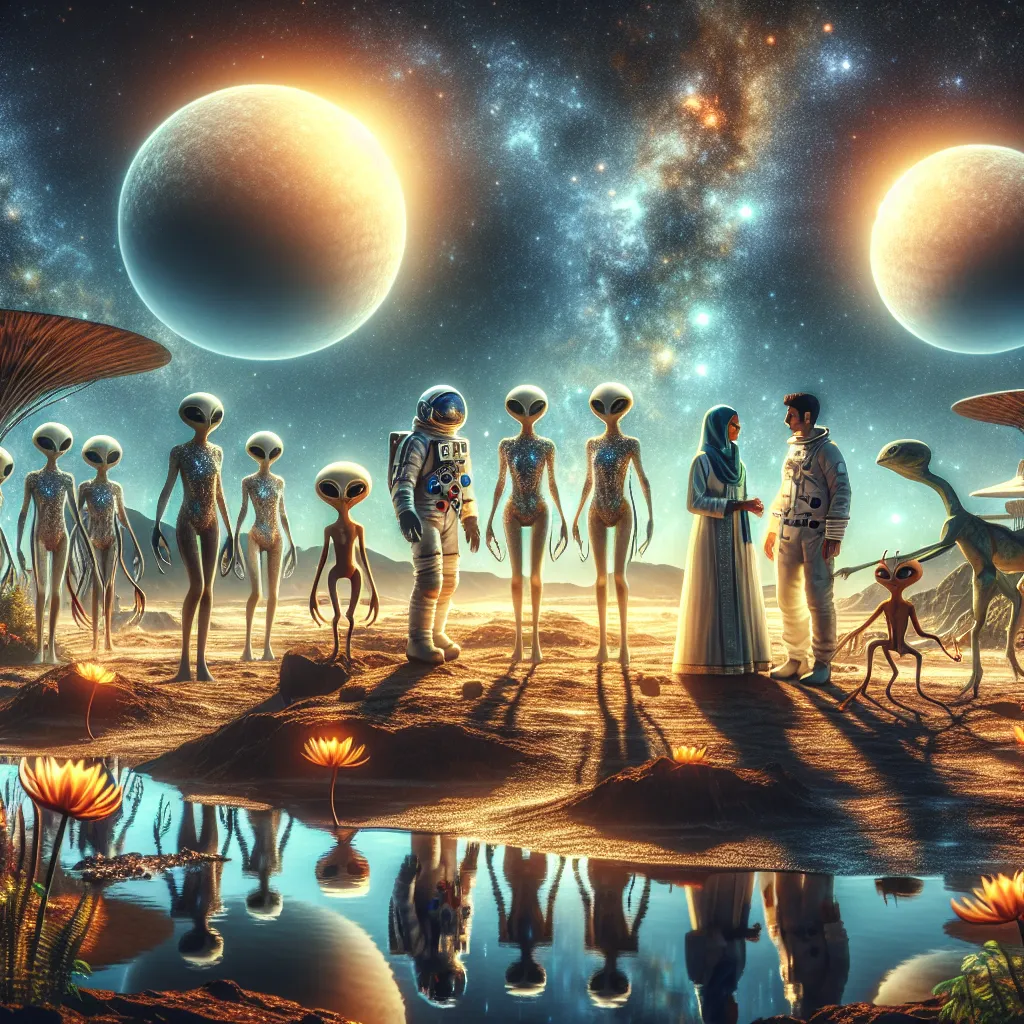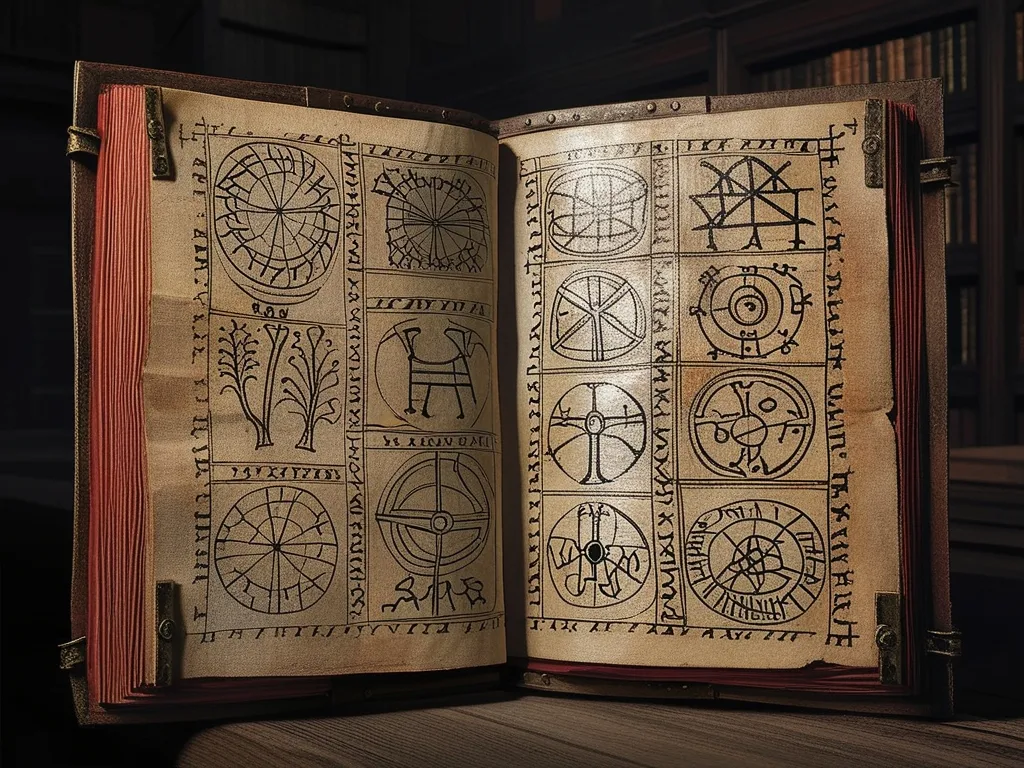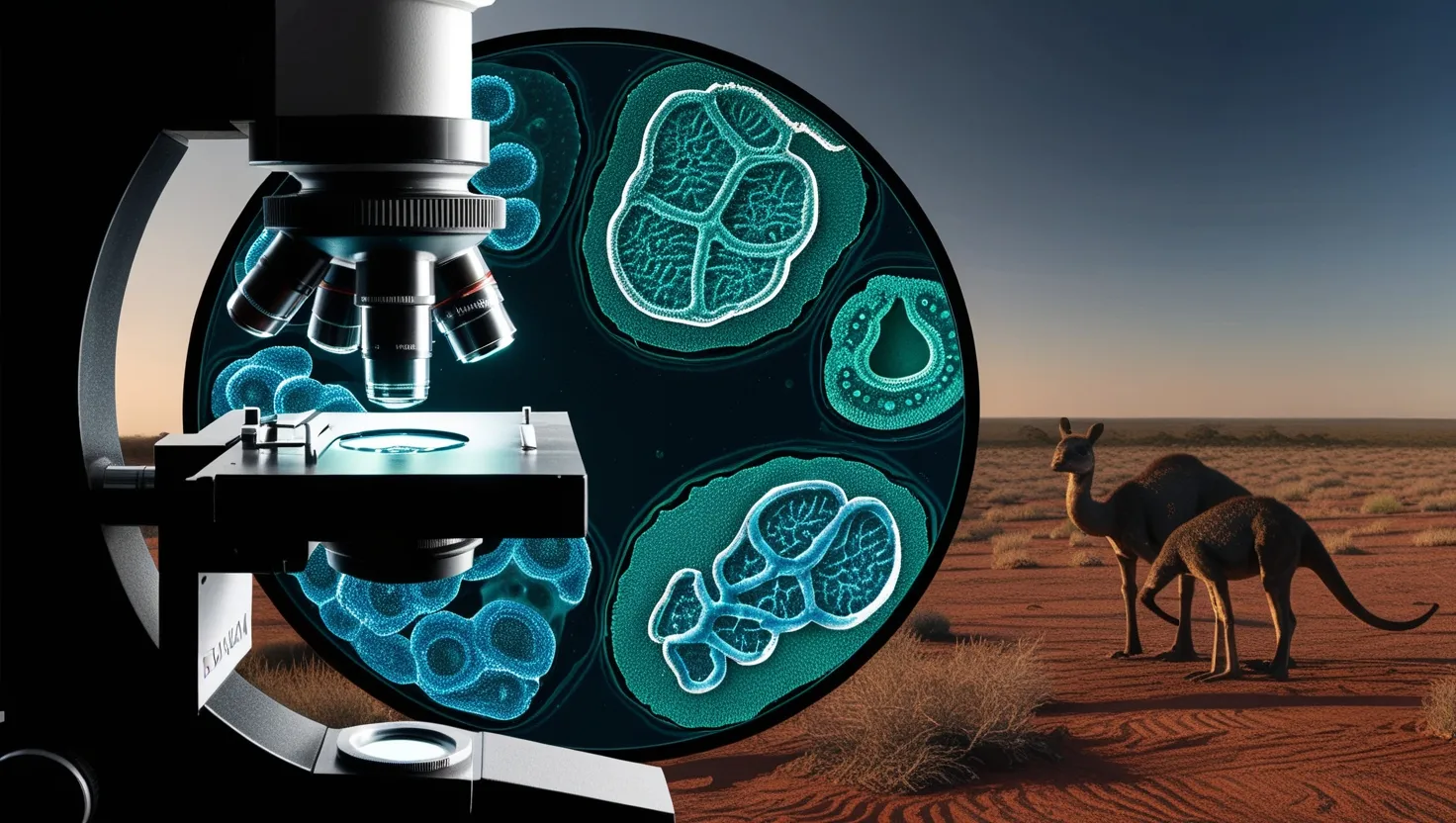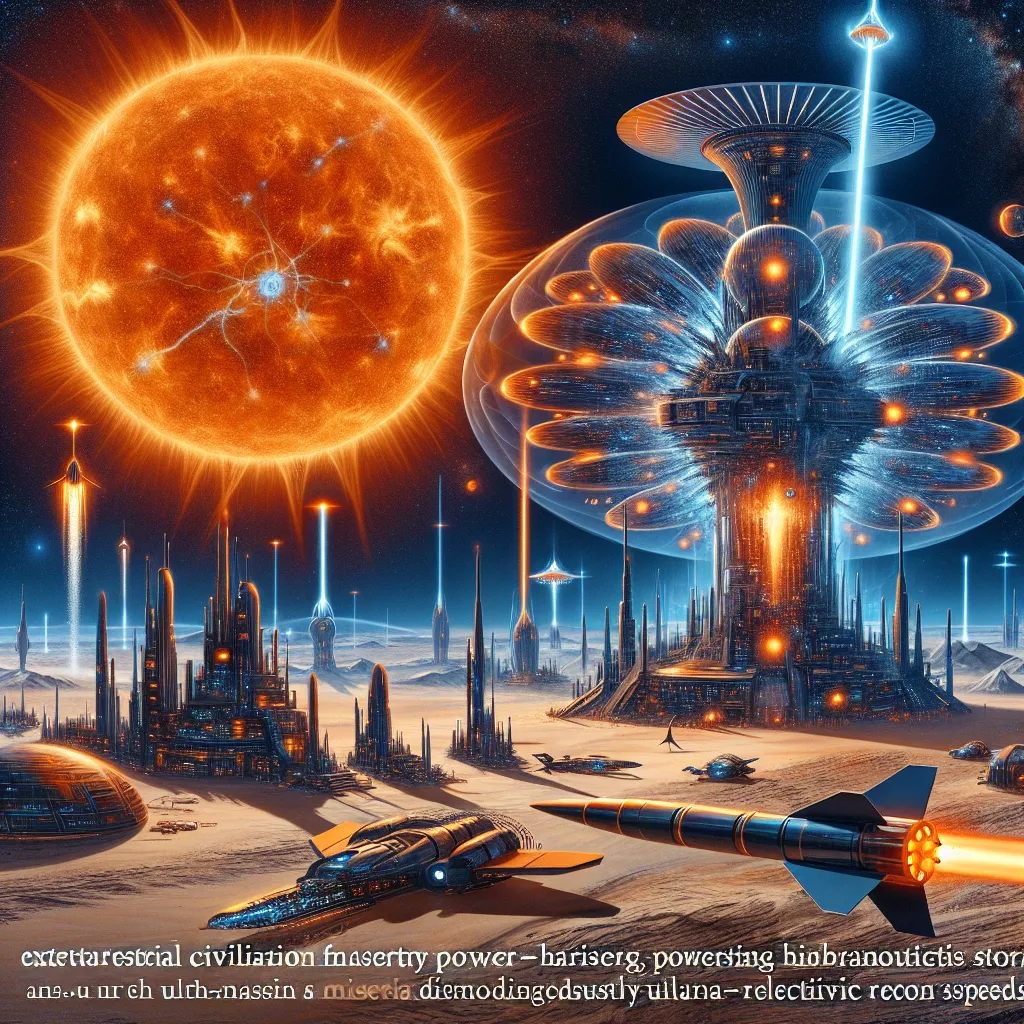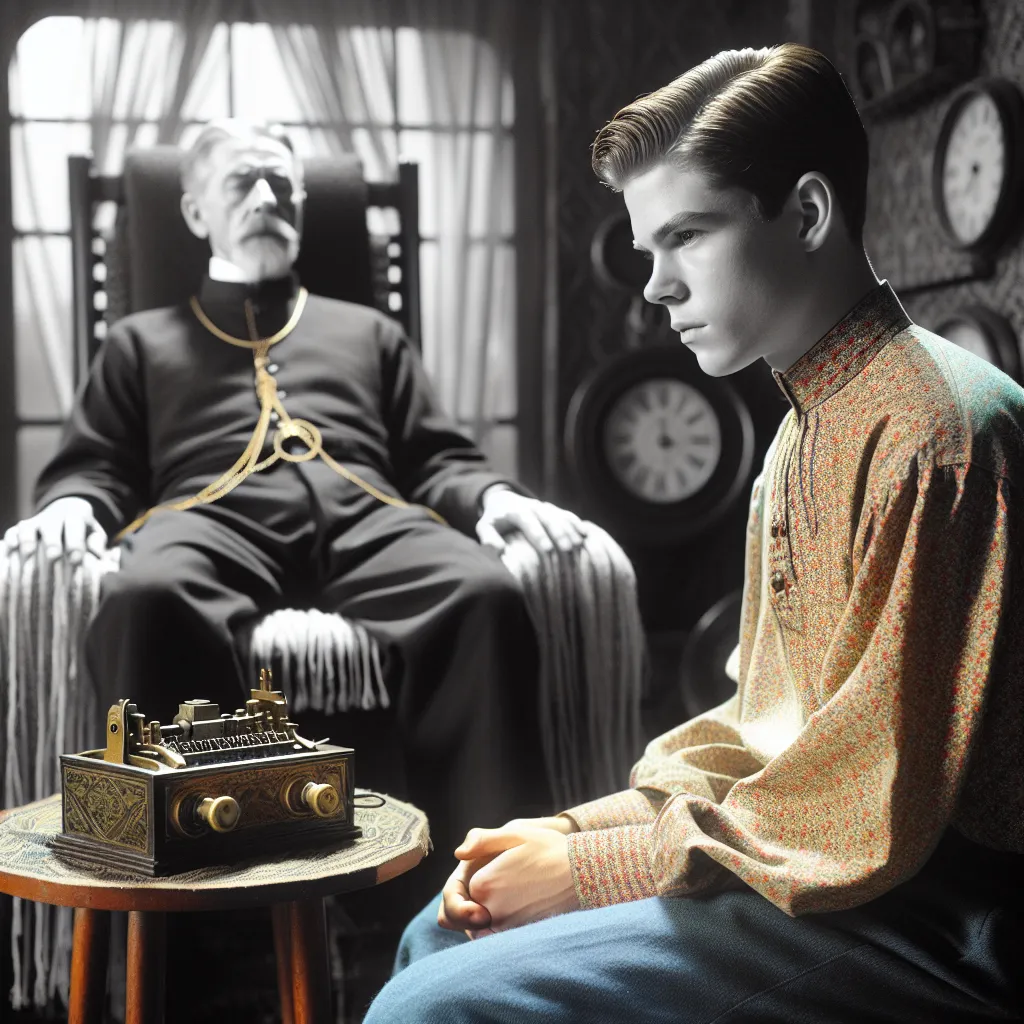In recent years, organic food has gained massive popularity. Despite the higher costs, many people see buying organic as a moral and social responsibility. The idea is that organic food is healthier, more natural, and more ethical. But what exactly does “organic” mean? Definitions differ worldwide, but generally, organic food is grown without GMO seeds, and synthetic fertilizers, or pesticides. Instead, traditional methods like crop rotation and organic fertilizers are used.
There’s a lot of debate on whether organic food is genuinely better or just an expensive trend. Is it healthier? Some studies show that organic foods have more antioxidants, which plants produce as natural pesticides. While these antioxidants could be beneficial, the science is still unclear. Some research also suggests organic food might have slightly more vitamin C and omega-3s, but the differences are generally small. Overall, eating fruits and vegetables is good for you, regardless of whether they’re organic.
Many people buy organic to avoid artificial pesticides and fertilizers. Studies show organic produce does have less pesticide residue. However, organic pesticides are not necessarily safer. For example, copper sulfate, used in organic farming, can be more harmful than some synthetic pesticides. The key is in the concentration and exposure, not whether the substance is natural.
As for the long-term health effects of pesticide exposure, the studies are mixed. A French study linked non-organic food to a higher risk of certain cancers, though it faced criticism for relying on self-reported data. A Danish study found the risk from pesticides similar to drinking a glass of wine every few months. Pesticides in food are heavily regulated and tested, and most samples show minimal residue.
What about the environment? A 2017 study looked at more than 700 food production sources to compare organic and conventional farming. It found no clear winner. While organic farms use less energy, they have similar greenhouse gas emissions and need more land to produce the same amount of food. In some cases, conventional farming has a smaller environmental footprint. However, organic farming has the advantage of reduced ecotoxicity.
Organic farming also has broader impacts due to rising demand. For instance, Spain grows a lot of organic produce in energy-intensive greenhouses. The complexity of global supply chains makes it harder to maintain organic standards, sometimes leading to fraud, where non-organic food is sold as organic.
The debate between organic and conventional food is often more about ideology than facts. Buying organic feels like the right choice for many, but it’s not always the most rational. The best approach might be to combine the strengths of both farming methods to produce healthy food efficiently. For your personal shopping, focus on eating more fruits and vegetables overall. If you’re concerned about the environment, buying local and seasonal produce is more effective than just choosing organic.
In summary, the organic label is more about how food is produced rather than a guarantee of superior quality. What you eat matters more than how it’s grown.
